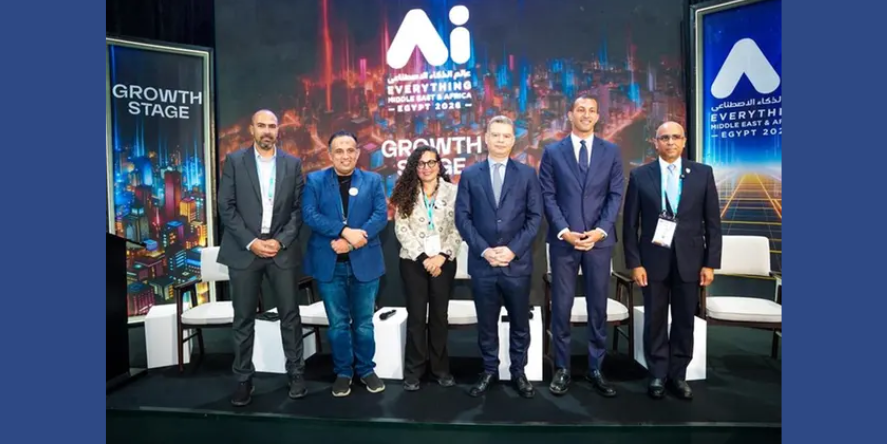The year 2022 saw some tumultuous geopolitical tensions across Europe and the Asia-Pacific regions. When countries were recovering from the economic loom of the COVID-19 pandemic, we saw the Russian invasion of Ukraine, followed by a supply chain and energy crisis in the EU region. The year 2022 also saw the aftermath of two years of a squeeze on the industrial sector. Huge welfare expenditures during the pandemic period has also led to a capital crunch for many governments. This is one of the prime reasons for high inflations observed during the beginning of the second half of 2022.
With rising commodity prices, scarcity of quality employment, dwindling revenue from industries and rising pressure from central banks to raise interest rates, many governments saw two consecutive quarters with negative growth. This fueled fears of an impending global recession.
The Markets, however, have been quite ecstatic about the huge uptick observed during the 2022 festive season that lasted from October to December. The positive outlook of the buyers has inspired confidence among industrialists and financial institutes alike. Even though predictions are ripe of decreasing GDP and rising inflation in 2023, financial experts and surveys indicate some sort of stability in the first half of 2023 and possible growth in the first half of 2024.
In these times of recession, people need to explore investment options and leverage the diminished market values of some of the previous top performers in the market. It is a common economic norm to state that relying on savings is futile during periods of high inflation. This is also the time when credit facilities and liquidity run thin in the market. Such extraordinary times call for an exceptional solution, something like automated credit facilities.
Settling the top slot in Fintech
The current string of efforts across all the governments in the world is to fortify their current financial services sector. A positive financial sector inspires the consumer sector which, in return, boosts the economy of the country. A higher purchasing power among the masses motivates the industries to opt for more credit facilities to expand their productions and thus boosts the macroeconomy.
Fintech companies from Finland have been garnering a lot of attention from European and global regions. With just over 200 companies, the Finnish fintech industry reported an increase in revenue from Euro 1.2 billion in 2020 to Euro 1.4 billion in 2021.

According to the 2022 edition of Fintech Farm’s prestigious annual guide to Finland’s largest fintech companies and start-ups, one particular company called Saldo Finance has maintained its position in the ‘Established Category’ despite reporting a decrease in profits. Being a leading provider of fully automated credit solutions in Finland, Saldo maintains its sturdy business model to retain its place in Finland’s top-performing Fintech company. It was also awarded ‘Best Automated Financing Solutions Provider Finland 2022’ by International Business Magazine.
Saldo offers flexible loans and car financing for both consumers and businesses. The company’s advanced scoring system ensures responsible lending, and its own lending system supports business growth also internationally. Saldo is a solvent and reliable partner whose net sales have grown considerably in the last few years. In 2018, the company’s net sales were EUR 45 million and operating profit was 44 percent of net sales. It exceeded the Finnish fintech industry average growth by 59% in 2019 and was the largest company in the scaleup category when revenue alone was taken into consideration.
Perfect Business Partner
Saldo’s USP is based on a fully automated lending process with a proprietary scoring system that enables fast and secure, customised loan offers in a responsible way and taking into account the market characteristics in different countries. Saldo was one of the first companies in Finland to introduce measures in accordance with EU’s PSD2 procedure for reviewing account information and thus became one of the first lenders to utilise ‘Open banking’ information. With ECB’s (European Central Bank) specialised banking license, Saldo is able to offer a larger scale of services for consumers, such as the term deposit. The granted banking license is valid for the whole European Union, and Saldo plans to take it into use in their other countries of operation as well.
Through a corporate loan programme, Saldo is promoting B2B businesses in Finland, reducing the paperwork and delays involved around business financings. In partnering with Saldo via the SME loan program, companies are able to offer their clients a convenient way of financing a deposit or entire payment for products ordered or services rendered along with a reward for each Saldo SME loan approved. Partner companies have the option of walking their clients through the online application, or allowing the client to complete the form independently. Saldo has also launched Saldo Safe loan insurance. Loan insurance is available from the MySaldo online service for a new loan or an existing loan agreement.
In these times of an impending global recession, European Fintech companies like Saldo are taking extraordinary measures to keep the economy of the country and the region afloat. Saldo is expanding its sales channels and customer base through a partnership model and is developing new financial services. Through its own financial technology, automated processes, and scalable and responsible operations, Saldo is poised to mark an important chapter of its journey in 2023.
Article by Ujal Nair










